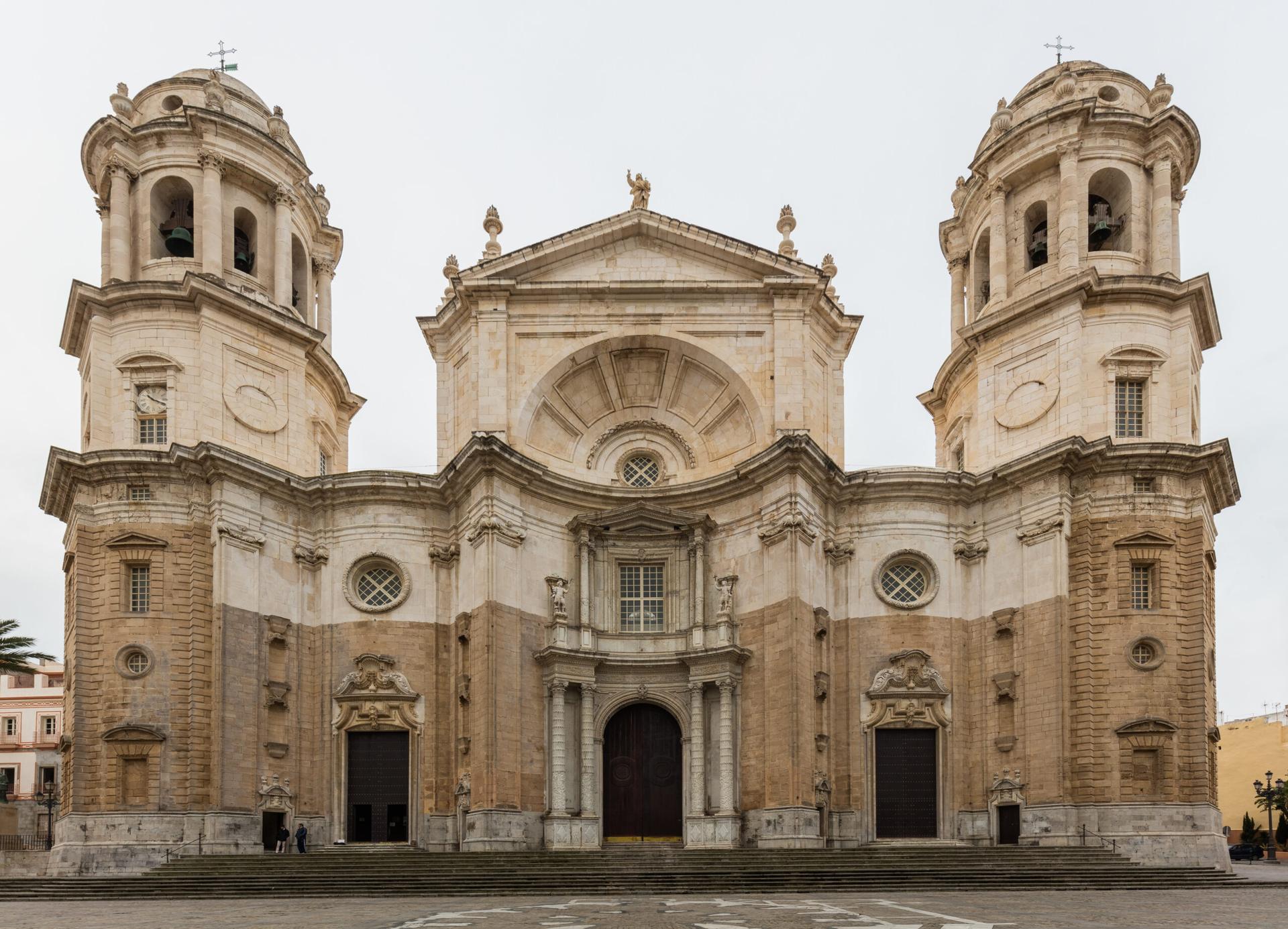Archbishop Luis Argüello, the president of the Spanish Episcopal Conference (CEE), says Pope Leo XIV is aware of the ongoing investigation into Bishop Rafael Zornoza of Cádiz and Ceuta, and that his resignation “may be accepted soon” by the Holy Father.
Argüello reported this on Nov. 16, following a visit by a delegation from the CEE to Rome to meet with Pope Leo, against the backdrop of the canonical investigation into allegations that Zornoza sexually abused a boy from the ages of 14-21 in the 1990s while he was a priest in the diocese of Getafe and rector of the seminary there.
“At this time, the procedure is open to determine, based on the presumption of innocence, the veracity of the accusation made by the person,” the archbishop said, before adding that the pope is “aware” of the case.
“The Holy Father has heard this and, logically, because this is Church law – since this process is time-barred in civil court – he has confirmed that this is the correct course of action,” Argüello said.
With regard to the potential that Zornoza’s resignation might be accepted, he said: “We have been told, not by the Holy Father but in another context, that this possible resignation might be accepted soon.”
“It is the Holy Father’s signature that accepts a resignation and appoints a substitute or successor, or an administration. So, logically, the Holy Father must be informed,” he added.
The archbishop said that at this stage the Church preserves two fundamental rights: “The right of any victim to present their case and the right to the presumption of innocence.”
Signs of hope in a “post-secular” society
Despite the fact that, according to Argüello, the Church is working in “a Spanish society that is no longer secularized, but post-secular”, he said he communicated to the Pope many good fruits that have come from recent evangelization efforts in Spain.
He told Pope Leo XIV “this year the number of seminarians has grown, adding more than a hundred compared to last year,” a fact that is not public knowledge yet in the country.
Speaking this morning at the opening of the CEE’s 128th Plenary Assembly taking place Nov. 18-21, the archbishop returned to this theme of emerging spirituality, particularly among the young.
Argüello pointed again to the recent album Lux by Rosalía, that features the singer dressed as a nun on the cover and has many religiously inspired lyrics; the success of the film Los Domingos about a young girl who joins a convent; and the awarding of the Princess of Asturias Award to Catholic philosopher Byung-Chul Han.
“There are signs that Catholicism is in vogue, or, if you prefer, that there is a return to spiritual principles that seemed to be outlawed,” the archbishop said.
The cruelty of abortion
During his address this morning, the Archbishop of Valladolid turned his attention to abortion which has been the topic of much debate recently in Spanish society.
The government has pledged to make abortion a constitutional right, as it is in France, and there has also been a row about doctors who wish to conscientiously object to performing the procedure being put on what pro-life activists call a “black list.”
Argüello highlighted recent statistics from the Ministry of Health: In 2024, 106,173 abortions and 322,034 births were recorded.
“The natural population growth is negative by 114,937 people,” he pointed out.
He emphasized the absurdity of the situation that in the same hospital one group of doctors could be “determined to save a baby of five-and-a-half months’ gestation, while another group of doctors deliberately kills a baby of the same age in the room next door.”
“It is completely legal,” he said.
“Likewise, the law may punish the destruction of an eagle’s egg with a fine of 15,000 euros and up to two years in prison, yet gives full permission to kill a child with Down syndrome up until the end of pregnancy,” the archbishop said.
However, the Church’s role in this debate has to be more than just “affirming the defense of life in the womb.”
“It must also look at the mother, the father, and the environmental, social, and economic circumstances that surround pregnancy, gestation, and the first years of life,” he said.
“Nothing justifies ending the life of a human being in gestation, but true support for life requires addressing all the circumstances that accompany it. The social alliance for hope in favor of birth rates that this Episcopal Conference has launched seeks to address all the factors at play, starting from unwavering support for nascent human life,” Argüello added.













